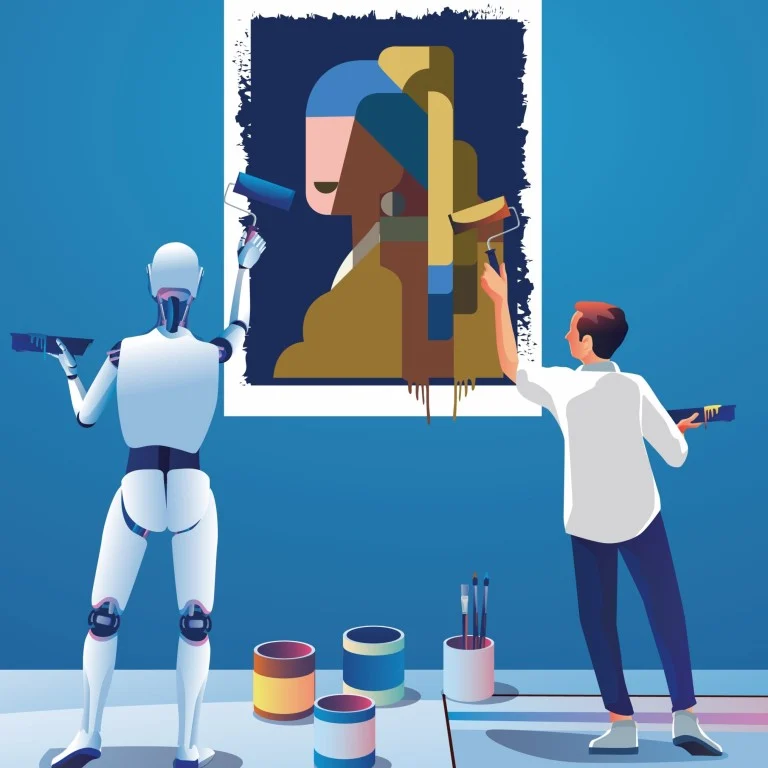Jahanvi Agarwal
In a groundbreaking decision, the Beijing Internet Court has ruled that an AI-generated image in an intellectual property dispute qualifies as protected artwork under copyright law, marking a historic precedent in China. The court deemed the image, created through a text-to-image AI generator, as “artwork” based on its “originality” and the intellectual input of its human creator. The plaintiff was awarded a public apology and 500 yuan ($70.16) in compensation.
The court asserted that utilizing AI tools for image generation constitutes a creative process, and if the AI-generated work reflects the original intellectual investment of a human, it should be recognized as artwork protected by copyright. In this case, the court found that the AI-generated images directly manifested the human creator’s personal expression, signifying original intellectual investment and, consequently, ownership of copyright by the plaintiff.
The defendant, a blogger named Liu, had utilized the images as illustrations on an online platform without permission, violating the plaintiff’s copyright and infringing on the right of information network transmission. The removal of the signature from the images further breached the plaintiff’s right of authorship.
The lawsuit originated when the plaintiff, identified as Li, employed text-to-image AI software called Stable Diffusion to create an image, subsequently posted on a Chinese platform similar to Instagram. Li filed the lawsuit against Liu for unauthorized use of the images, leading to the recent court ruling.
The case attracted considerable attention, with the court hearing broadcasted on China Central Television and live-streamed on multiple platforms, sparking extensive discussions on the intersection of AI-generated content and copyright.
This landmark decision is expected to have far-reaching implications for future AI copyright disputes in China, potentially influencing policy and benefiting the broader AI industry. The ruling aligns with recent measures implemented by the Cyberspace Administration of China and other regulators to manage generative AI services, underscoring the nation’s commitment to navigating the legal complexities arising from the rapid evolution of AI-generated products and services.

